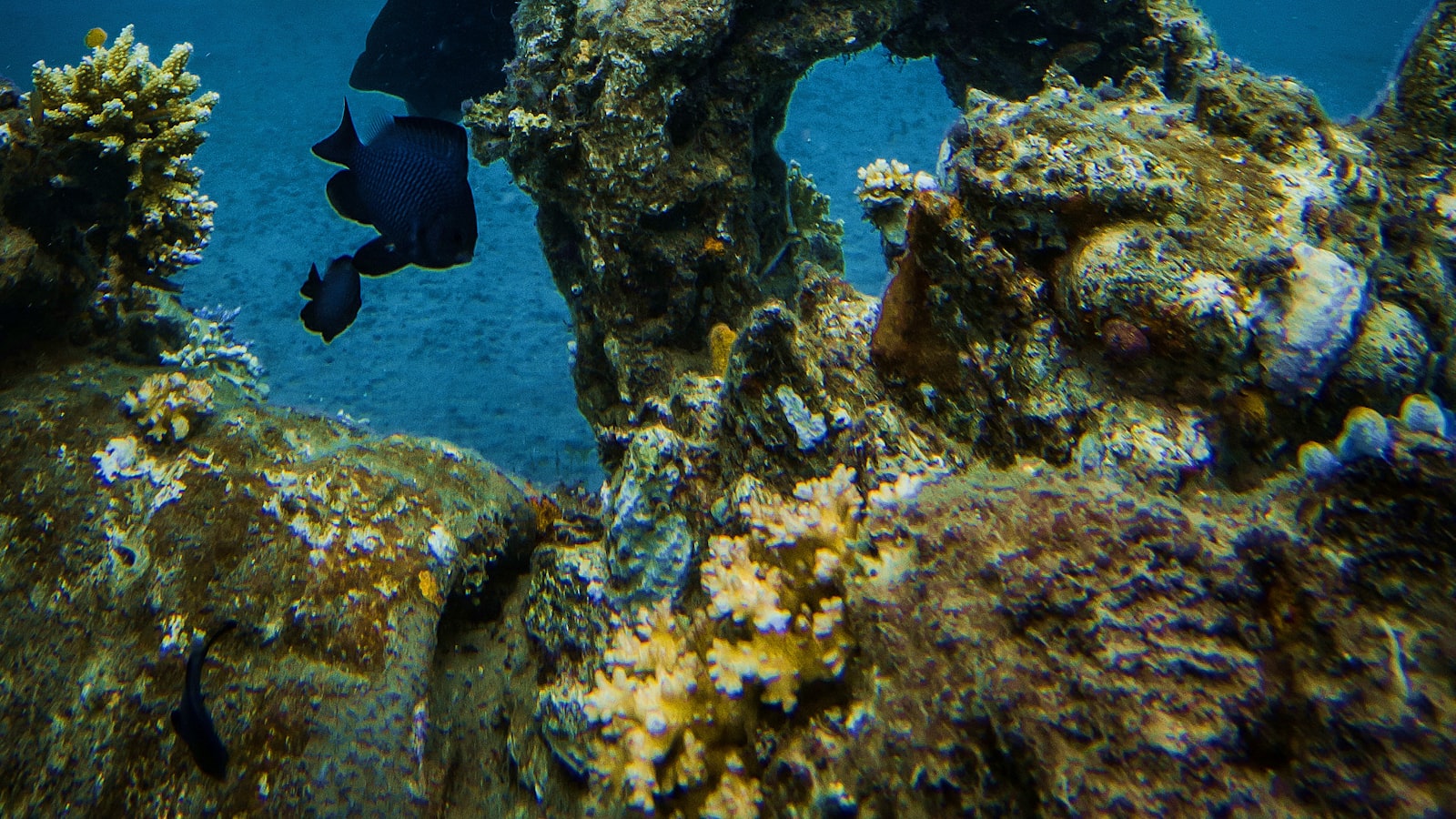Views: 0
Tips for Beginner Scuba Divers
Scuba diving can be a rewarding and exhilarating experience, but it can also be intimidating for beginner divers. To help you get the most out of your first dive, here are some tips for beginner scuba divers:
1. Get certified
Before you go diving, make sure you are certified. This is the best way to ensure that you are diving safely and following the right procedures. You will also be able to rent gear and get insurance for your dives.
-
Open Water Diver – recommend
The Open Water Diver certification is the entry-level certification for scuba diving. It is designed for individuals who are new to diving and who want to learn the basics of scuba diving. The certification covers topics such as dive equipment, dive planning, and dive safety, and requires completion of both classroom and in-water training.
-
Advanced Open Water Diver – recommend
The Advanced Open Water Diver certification is a higher-level certification that builds upon the skills and knowledge learned in the Open Water Diver certification. It covers topics such as deep diving, night diving, and navigation, and is designed for individuals who want to expand their diving skills and knowledge.
-
Rescue Diver
The Rescue Diver certification is designed for individuals who want to learn how to handle and prevent diving emergencies. The certification covers topics such as dive accidents, rescue techniques, and first aid, and requires completion of both classroom and in-water training.
-
Dive Master
The Dive Master certification is the highest level of recreational scuba diving certification. It is designed for individuals who want to work as professional dive leaders and who want to further their knowledge and skills in diving. The certification covers topics such as dive planning, dive leadership, and dive instruction, and requires completion of both classroom and in-water training.
2. Take a refresher course
If you haven’t dived in a while, it’s a good idea to take a refresher course. This will help you brush up on the skills you learned during your certification, as well as provide you with the latest safety guidelines.
3. Practice in shallow water
Before you dive in the deep, make sure you feel comfortable in shallow water. Spend some time practicing your skills in a pool or other shallow diving area. This will help you build your confidence and get used to the gear before taking the plunge.
4. Check your gear
Make sure all of your gear is in good working order before you dive. Check your tanks, fins, masks, and other gear for any signs of wear and tear. Make sure everything is in proper working order before you start your dive.
5. Go with an experienced buddy
Your first dives should be done with an experienced buddy. This will ensure that you have someone to help you if you encounter any problems underwater. Additionally, an experienced buddy can provide you with tips and advice to make your dives more enjoyable.
6. Relax and enjoy the experience
Scuba diving can be intimidating, so it is important to remember to relax and enjoy the experience. Take your time and don’t rush. Enjoy the beauty of the underwater world and the feeling of weightlessness.

